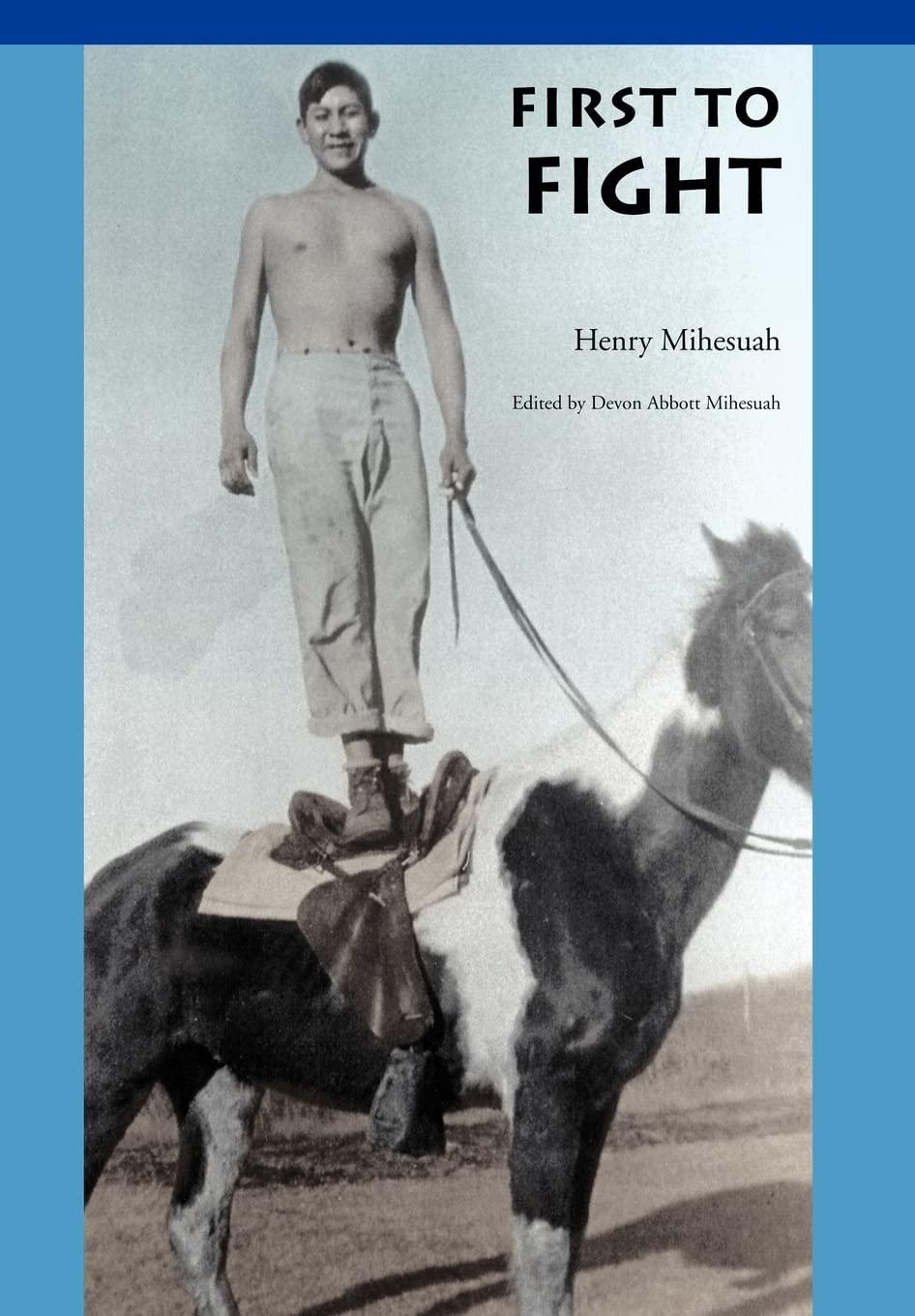First to Fight
"A work readers of any level may engage and enjoy."—Ty Hawkins, The Fulton Sun (MO)
"Forthright, down to earth, and representative of many aspects of Comanche culture and life in the mid to late twentieth century. Moreover, it demonstrates its subject's tremendous personal and cultural pride, determination, and inner strength, qualities that have enabled many American Indians to navigate successfully their way through the seemingly endless legal, political, economic, educational, and racial obstacles they continue to face in their daily lives. In short, First to Fight is an important addition to the growing number of autobiographical works by Native writers."—William C. Meadows, Great Plains Quarterly
"Mihesuah…belong[s] to a generation that can understand more accurately than any before or since what Native peoples lost, and gained, by becoming American."—E. A. Schwartz, Western Historical Quarterly
"This is not a 'tell all' that exposes details of tribal life. Nor is it a bitter summary of past injustices. First to Fight is a straightforward account that should help readers understand what it means to be an Indian in modern America. Henry and this candid account of his life stand alone, without apology or embellishment."—Glenn M. Busset, The Manhattan Mercury
"Professor Mihesuah deserves credit for her subtle editing that enables Henry Mihesuah to speak for himself. ... First to Fight is a gem not only because of Henry Mihesuah's stories and insights, but because it recasts the pattern of 'life stories' and 'as told to' biographies that have frustrated Native and non-Native scholars for years. This is one collaborative project that will appeal to a broad range of audiences and hopefully find its way into the classrooms, libraries, and bookshelves of readers across the country. "—Jeffrey P. Shepherd, H-Net Reviews
Devon Abbott Mihesuah has done a service to all who would understand the full spectrum of the Native American experience of living in the 20th Century America as a minority people, surrounded by frequent misunderstandings and discrimination. Henry Mihesuah's story ... is a worthwhile anecdote to the all-too-pervasive statistical and sociological pronouncements about Comanches in particular, and other Native Americans, generally.—West Texas Historical Association Yearbook.
This slim, straightforward book is a fine case study in what it means to be Indian and American in the modern world.–Journal of American Ethnic History
The significance of Henry's Mihesuah's stories is often subtle and understated. What is quietly remarkable about Mihesuah's life story are its intersections with broad historical changes in Native America and its testimony to the strength with which one can maintain an effectively bicultural identity despite the pressures of assimilation, racial prejudice and tribal politics. This book is not glamorous, but it is truthful ..." –Southwestern American Literature
